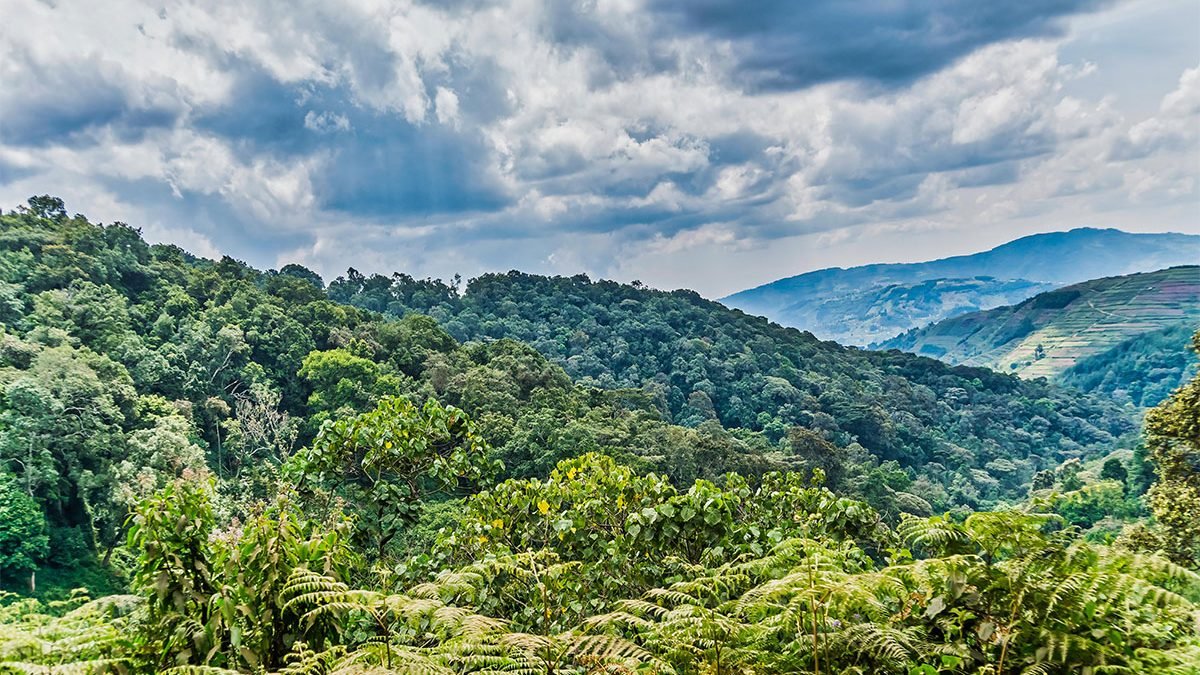A vision for the future of Bwindi Forest
Bwindi Impenetrable Forest – an incredible name that sounds more like a place from a fairy tale than one that can be found in a world atlas – is an UNESCO heritage site. It straddles Uganda and the Democratic Republic of Congo. The steep-sided terrain and thick tree cover, the native gorillas and other spectacular wildlife make this a unique and precious landscape.
Bwindi Forest has shrunk, frayed at the edges by deforestation, degraded by unsustainable land use.
The Batwa People called the forest home for millennia and it holds deep cultural significance as well as having been their larder and pharmacy. Forcibly evicted by government edict in the 90’s, their fortunes took a significant turn for the worst.
They have struggled on the verges of the forest and by almost any indicator, the Batwa are one of the most marginalised groups in Uganda. When I visited earlier this year they took us into the forest and it was both joyful and sad in equal measure – seeing their deep connection with the land but aware that they are now largely excluded from it.
The Batwa’s strong desire to preserve their traditions and uplift their community.
We listened to families and leaders and two things struck me most powerfully. The desire of the Batwa to maintain their connection with their ancient traditions and their determination to find a way forward in the toughest of circumstances.
We are committed to supporting their vision. They wish to restore degraded ‘pocket forests’ which they can call their own. They have already collected precious seedlings from native ‘mother trees’ within Bwindi Forest. They want to clear the invasive weeds and instead restore these pocket forests so that once again they can have access to the medicinal and traditional foods that are so integral to their culture. They want to adopt sustainable land use practices to create something that will benefit them and future generations.
A community tree nursery that’s managed by members of the Batwa community.
Their desire is to train up the younger generation so that they can also earn a living and address their basic needs – with skills in areas like agroforestry, bee keeping, eco-tourism and poultry keeping. There will be a strong focus on women and girls for whom prospects can be particularly tough.
In a situation that can feel despairing, the Batwa have a vision of restoration and they have mapped out practical steps to realise it. With the right support from the ITF community, we can enable them to realise it. Please donate to our Christmas appeal today and support the Batwa community's restoration vision.
Your donation doubled!
Our Christmas Campaign is now live! And for one week only, every donation, no matter the size, will be DOUBLED by our friends at the Big Give. Donate to our campaign before midday, 5th December and make twice the impact for people and the planet this Christmas.




